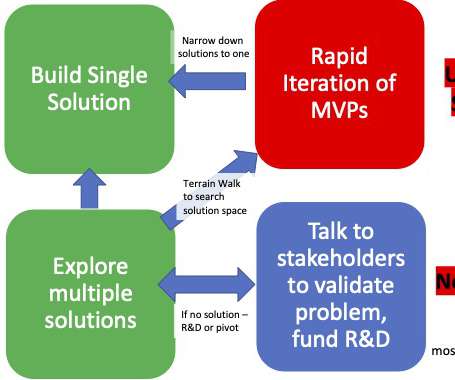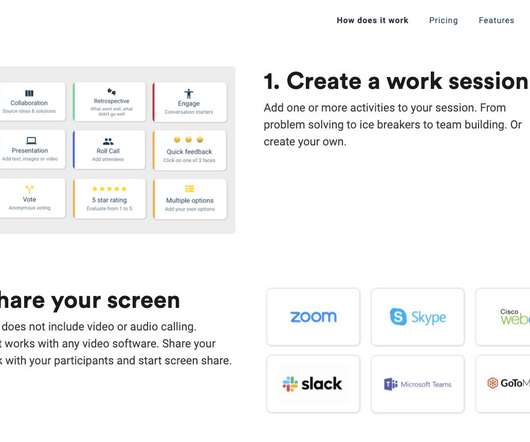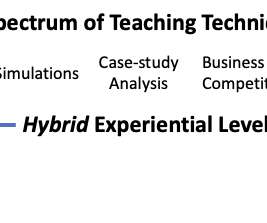6 Startup Challenges That Can Be Mitigated With Focus
Startup Professionals Musings
JANUARY 6, 2023
In fact, there are a host of reasons why a non-focused startup business is more likely to struggle for survival, lose market and investor attention, and miss out on the opportunity to capitalize on their scope: Time to market is tied to the size of your offering. No startup can implement a broad strategy quickly enough to stay ahead.








































Let's personalize your content